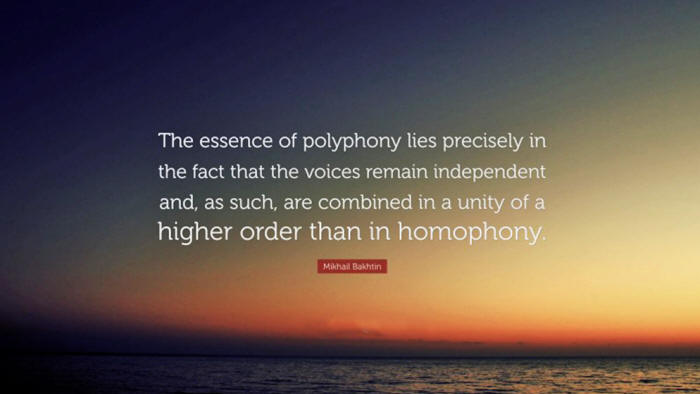|
by Gary Armstrong
Instead of a world run by a few powerful nations, like,
...it's a world where many voices and ideas shape global decisions.
In this world, different countries, cultures, and
perspectives work together, each adding a unique perspective.
With so many different national interests, getting everyone to talk openly and agree can be tough.
Today, the world is filled with over 110 conflicts, and the biggest powers haven't managed to make it safer.
In most cases, the most powerful nations have influenced government regime changes by funding arms and intelligence to create chaos in order to change governments for their own national interest.
This isn't just about wars:
This system of rivalries and alliances doesn't always make the world a safer place.
Today, we are living in a global world order with unending conflicts due to national self-interests.
These groups know their own areas best, so they might be able to bring in solutions that actually work for their societies.
This approach could cut down on wars and help keep peace.
With many voices at the table, there would be less dominance by any one power and more chances for countries to solve their problems locally.
And while it has the potential to create a more peaceful world, there are some real obstacles.
For example,
In the end, a polyphonic world depends on everyone's willingness to make it happen.
If countries can find a way to work together, not
for their own greed but for the greater good, we could build a
safer, more inclusive global community.
Vladimir Putin offers a Higher
Hypothesis for Global Diplomacy from LaRoucheOrganization Website
Sometimes, it is possible to introduce "frontier concepts" of great power and depth - what are sometimes called "heavy ideas" - into societies that normally prefer to ignore or avoid their world-shaking implications.
We are now living in such a moment.
Russia's President Vladimir Putin, speaking in Sochi at the Valdai Discussion Club on a multiplicity of topics, including the Nov. 5 Presidential elections in the United States, offered the following international thought-experiment.
In this way, Vladimir Putin is not merely invoking the "better angels" of the nature of Western Civilization.
His reference to a "polyphonic world system" should not be instantly misunderstood as a clever rhetorical pivot from the politically-charged term "multipolarity."
Indeed, the above proposal - the immediate basis for a way out of thermonuclear war, if implemented - is only capable of being competently comprehended for action, from the standpoint of the Ten Principles for a New International Strategic and Development Architecture composed by Schiller Institute founder, Helga Zepp-LaRouche.
This document, particularly in the remaining days
between last Tuesday, November 5, and the inauguration of the
American President on Martin Luther King Day, January 20, 2025,
should be closely studied.
But aren't these only "nice words"?
How does this Fourth Principle pertain in any way to what Putin said?
And, again:
That very President John F. Kennedy hinted the answer to this question in his own way, three weeks before he was killed:
Polyphony is a musical term, but perhaps our Idea of music must first be expanded, in order to understand what the actual topic is, that what both Vladimir Putin and Helga Zepp-LaRouche are proposing be discussed for an actually new strategic and development architecture to arise in the world today.
The late economist and statesman Lyndon LaRouche, who spoke about this matter often, said, in his document "Music and Science: Before and After the 1815 Treaty of Vienna":
The ability of a society to articulate its origin and deeper purpose degenerates.
Compare, for example, the speeches of John F. Kennedy and Martin Luther King to the best of public orations from any American figure today.
For the Schiller Institute, founded 40 years ago with the original intent to reverse the then-ongoing cultural collapse of Western nations by an emphasis on Classical poetry, drama and musical composition and performance, these matters are not secondary.
Two weeks ago, the LaRouche Independent candidates Diane Sare and Jose Vega co-hosted an event, "Build a Chorus of Peace Against the Ghouls of War," which employed Classical or Classically inspired musical compositions from around the world as the medium through which the speeches by the various participants, and the two candidates, were delivered.
At the event, music was not an interlude; it was very fabric of the composition of, and the driver of the message of peace.
Candidate Diane Sare conducted the chorus,
performed in a brass quintet, and delivered one of the peace
addresses, demonstrating the unity of effect of the whole.
It would be a good idea, it would seem, therefore if everyone interested in peace investigated what polyphony is.
To respond to that proposal, Western nations need to revisit, re-examine and revive one the most powerful and misunderstood revolutions in human thinking of the past 300-plus years - the well-tempered, polyphonic revolution in musical composition and human thought, embodied in the person and compositions of J.S. Bach, and advanced by musicians and composers such as,
...and certain of their associates and collaborators.
President-elect Donald Trump should take note of this.
A "Special Musical Operation" should be launched by the American people, if not the new Administration, which energetically colludes with Russia, China, and all other nations committed to the cause of polyphony.
(It would also help to fully reject the obscene State Department "Global Musical Initiative" that Tony Blinken inaugurated last year with his awful guitar-playing, which is probably a "Color Revolution" front.)
Putin knows that Beethoven's great Missa Solemnis was premiered in his hometown, St. Petersburg, Russia, April 7, 1824, two hundred years ago.
Thermonuclear war may well be able
to be avoided, if we dare to think like Beethoven, and build a world
system of polyphony.
|


